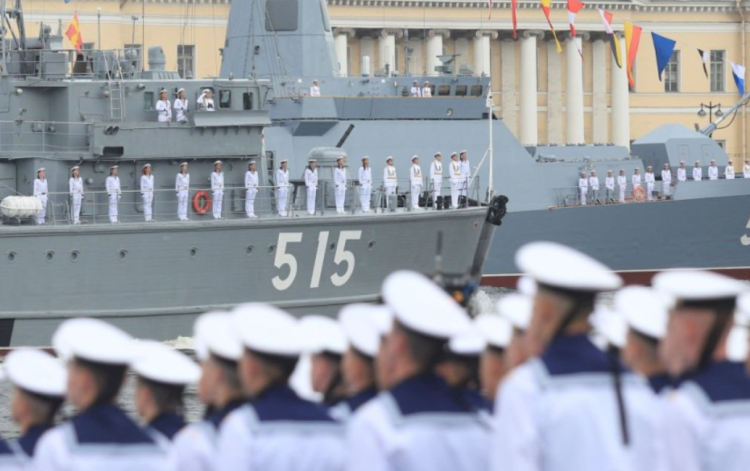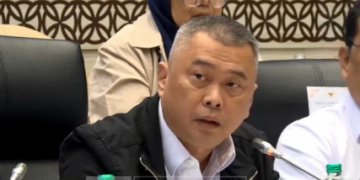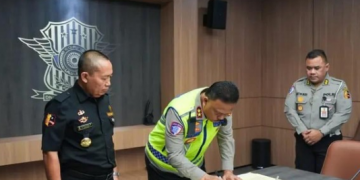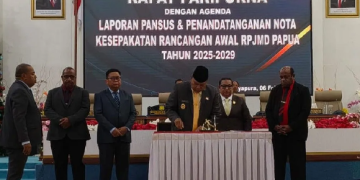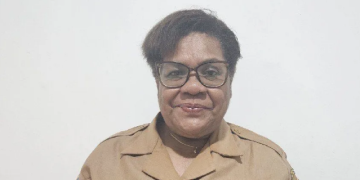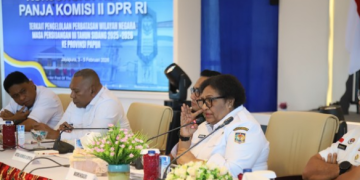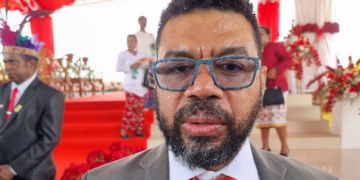Papuaaround.com – Indonesia is facing mounting criticism following reports that Russia has shown interest in establishing a military presence at the Biak Papua airbase. The move, if approved, would represent a dramatic shift from Indonesia’s long-standing foreign policy of being independent and active—principles that have safeguarded the nation’s diplomatic neutrality for decades.
The controversy began after a report from Janes, a reputable defense news outlet, revealed that Russia had formally requested access to the Biak Papua airbase, which shares a runway with Frans Kaisiepo International Airport. The article noted that the request followed a meeting in February 2025 between Indonesian Defense Minister Sjafrie Sjamsoeddin and Russian Security Council Secretary Sergei Shoigu.
Although Indonesian defense officials, including Brigadier General Frega Wenas Inkiriwang, denied any official request from Moscow, the public response has been sharply critical. Many observers argue that even entertaining such a proposal could seriously damage Indonesia’s international standing.
Military analyst Made Supriatma called the idea of allowing a foreign power to set up a base in Indonesia “an act of provoking future conflict.” He warned that permitting the presence of Russian aircraft in Biak would contradict Indonesia’s neutral posture and could provoke unnecessary geopolitical tension. “This is no longer about diplomacy—it’s about allowing another nation to militarize our territory,” Supriatma said.
Albert Muhammad, a Russian affairs researcher, echoed those concerns by warning of possible Western sanctions. “Should Indonesia be seen as aligning with Russia militarily, it will risk losing trade partners and diplomatic trust from Western countries,” he stated. In the current global climate, association with Russia’s military is seen as highly controversial and potentially isolating.
Locally, the reaction in Papua has also been one of alarm. Michael Manufandu, a prominent Papuan leader and former diplomat, criticized the central government for considering military cooperation without consulting local stakeholders. “The government cannot recklessly use airfields in Biak for foreign military agendas,” he said, stressing that such actions disregard regional sovereignty and public interest.
Australia was quick to respond. Prime Minister Anthony Albanese firmly rejected any Russian military presence in the Pacific region, while Defense Minister Richard Marles said he had received confirmation from Indonesia that no such deal was in progress. However, public statements have not been enough to eliminate doubts, especially as the initial report claimed sources within the Indonesian government confirmed the Russian request had been received.
Despite reassurances from the Ministry of Foreign Affairs, which reiterated Indonesia’s commitment to a non-aligned foreign policy, many remain unconvinced. Spokesperson Rolliansyah Soemirat maintained that military access is only granted for peaceful purposes, but the damage to public confidence appears done.
As debate continues, the Biak Papua airbase has become a symbol of the potential erosion of Indonesia’s diplomatic independence. Aligning—deliberately or inadvertently—with a foreign military power like Russia risks undermining Indonesia’s international credibility, inviting global backlash, and destabilizing regional security.

